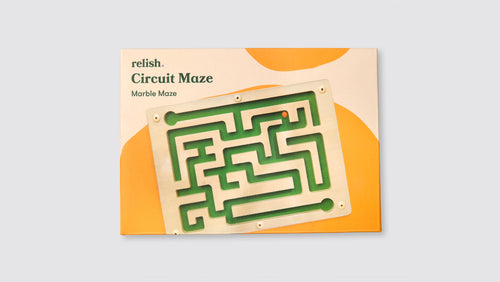It is well-known that animals make perfect companions. They are affectionate, offer you unconditional love (even on your worst days), can bring a smile to your face with just one doe-eyed expression and will give you endless cuddles whenever you need them. But their benefits are so much more than just the affection. Caring for a pet has been proven to lift mood and help with health complaints, amongst a myriad of other advantages. It is for this reason that people with dementia are often advised to introduce a furry companion into their life.
What are the benefits of caring for a pet when you have dementia?
Health
Research has shown that looking after a pet can have a dramatic impact on a person’s health, lowering blood pressure and heart rate. There is also the added benefit that pets, such as dogs, encourage owners to undertake regular, gentle outdoor exercise.
Reduces stress, agitation and depression
People living with dementia often suffer from depression and anxiety. Pets have been shown to reduce the stress hormone cortisol, and boost levels of the ‘happy’ hormone, serotonin, making people feel upbeat and relaxed.
Encourage socialisation
Having a pet, especially social pets like dogs, encourages a person living with dementia to interact with others. They may meet people as they take their dog for a walk or visit the vets, and their pet provides an easy topic of conversation.
Sensory stimulation
Pets encourage interaction, such as stroking and cuddling. This helps to engage a person with dementia, perhaps also stimulating memories of pets they used to own, which in turn may spark conversation.
What to consider?
If you are thinking about introducing a new pet into a loved one with dementia’s life, then there are some things to consider.
Situation
If a person has been diagnosed with dementia at a late stage, then caring for a pet may be too difficult of a task for them to undertake. However, if your loved one is still in the early stages of dementia, then not only will they still be more than capable of looking after their pet but introducing one may help with any feelings of anxiety and depression they be experiencing after the diagnosis.
Also, you need to consider where your loved one lives, especially if they are in a residential home. Some places do not allow pets, whilst others welcome them. In fact, you can find a number of pet friendly care homes which either allow regular pet visitors, or for a person to bring their animal with them permanently.
Characteristics of pet
As lovely as young puppies with bundles of energy are, they may not be the right type of personality for someone living with dementia as they require lots of attention and walks. However, a more low-maintenance pet, like an older dog or a cat, doesn’t require too much upkeep and will provide the perfect companion for a person with dementia.
If your loved one with dementia already owns a pet, then consideration of the points above also need to be taken into account, as it may be sensible to rehouse the pet. However, before making that decision try to consider the emotional upheaval that removing a beloved pet from your loved one may have. It may be more advisable to keep the pet with your loved one but involve close family and friends to help feed and walk them. Or you could look at rehoming the pet with a family or friend nearby so your loved one can visit them regularly.
If you decide that a pet for your loved one is not appropriate, then that does not mean that they cannot benefit from the love and comfort a pet can give them. If you own your own, then make sure they have plenty of time interacting with your pet. Or, involve them with therapy animals. These are specially trained animals with calm personalities that enjoy interacting with people. Therapy animals are often taken to care homes and hospitals for residents to spend time with them.
















